Category: Features
-
Hit and Miss
I’m not quite up to creating original content today, so I’m going to link and comment to a few posts and articles that caught my eye. It’s really amazing how much coverage Mormonism is getting lately compared to a few years ago.
-
Literary BMGD #25: To Elder L. Snow
Among the most beloved figures in the Book of Mormon are the four sons of Mosiah, who, after their conversion, take leave of their native land and homes and serve missions among the Lamanites. Where missionaries today serve for just a couple of years or less, the sons of Mosiah served a total of 14…
-
Single Moms and Adoption — Another Perspective
I have been fascinated by the idea of adoption for a long time. Growing up, I knew a few people who were adopted, and the idea of bringing home your baby from Korea or the Ukraine always seemed exotic to me. But my obsession really took off when I got my Patriarchal Blessing. After gushing…
-
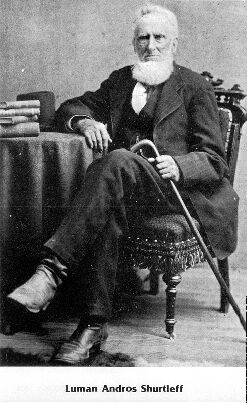
Literary BMGD #24: Why Should the Christian Sigh
One of the most stunning acts of persecution in the scriptures has to be the attack on the believers in Ammonihah described in Alma 14. Those who have heeded the words of Alma and Amulek, men, women and children, are taken by the mob, bound and cast into fire, along with their scriptures while Alma…
-
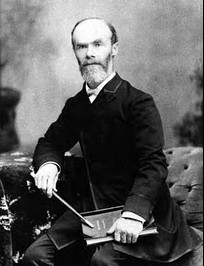
Literary BMGD #23: Our Missionaries
Much of the Book of Alma covers Alma’s missionary efforts in the land of the Nephites, and in this week’s chapters, Alma 8-12, he meets and preaches with his principle missionary companion, Amulek. Unlike the experiences of the sons of Mosiah, Alma and Amulek’s experiences aren’t always successful in the end. Instead, they face many…
-
Literary BMGD #22: The Christian’s Temptation and Triumph
The oft-described poverty and pride cycle in the Book of Mormon means that the peoples in Zarahemla and elsewhere repeatedly have to repent, generally in response to preaching or adversity. The first few chapters of Alma are no exception. In chapters 5-7, Alma preaches repentance, urging them to experience a “mighty change” of heart, and…
-
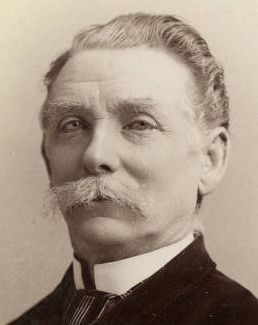
Literary BMGD #21: Our Kings
In the final chapter of Mosiah, King Mosiah and his people face the fundamental political question—what form of government to choose. After Mosiah demonstrates the potential problems with a monarchy, the people choose a more democratic form of government, under the rule of judges. As the first chief judge, Alma then discovers that even democracy…
-
Literary BMGD #20: No one doth know
The principal event in Mosiah 25-28, which is also beautifully and familiarly described in Alma 36, is Alma the Younger’s miraculous conversion. To capture this, I looked for a literary work in the public domain that expressed either the agony that Alma felt or the ecstasy he obtained after his acceptance of the Lord.
-
Who to Watch for MOTY?
Can you remember everyone who has made the news during the past year? Neither can I. As a result, when we get input each December about who should be “Mormon of the Year,” there is, I think, a bias towards recent events. If a Mormon showed up in the news during the last quarter of…
-
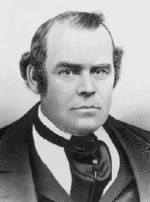
Literary BMGD #19: Baptism
I think the most significant event in Mosiah 18-24 is the baptism of Alma and his followers in the Waters of Mormon. There we find the great description of the Baptismal covenant, in which those baptized …are willing to mourn with those that mourn; yea, and comfort those that stand in need of comfort, and…
-
Mahana, You Ugly!
Let me tell you a little story. Not long ago, we moved to a new ward. After a few weeks, my husband and I were invited to come early to church to meet with a member of the bishopric. We figured, of course, that he wanted to extend a calling to one or both of…
-
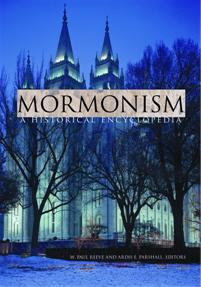
Review: Mormonism: A Historical Encyclopedia
It is published as a reference work, but you can read it like a book, albeit a book of essays: Mormonism: A Historical Encyclopedia (ABC-CLIO, 2010; publisher’s page), edited by W. Paul Reeve and Ardis E. Parshall. Listing at $85 ($68 on Kindle), it might not find its way onto your bookshelf until a trade…
-
Literary BMGD #18: O give me back my Prophet dear
Perhaps the most striking part of the Book of Mormon covered in lesson 18 is the martyrdom of Abinadi. Like many martyrs who have suffered since his time, Abinadi testified of what he knew to be true only to find his testimony rejected and his life taken for it. He sealed his testimony with his…
-
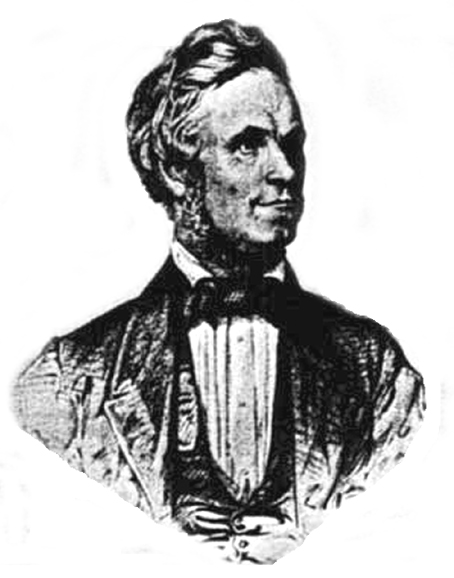
Literary BMGD #17: The Seer
Often LDS lessons based on the scriptures cover such a broad range of topics in the scriptures given that the stated theme of the lesson doesn’t capture what is going on in the scripture passages. While this lesson is certainly one of those times, the poem I found is really about the stated theme of…
-
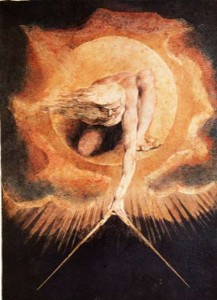
Exploring Mormon Thought: Sex
I don’t know much about God (which is probably pretty obvious), but I have thought a lot about sex.
-
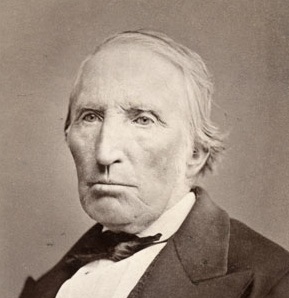
Literary BMGD #16: Forgiveness
The culmination of King Benjamin’s address to his people was the “mighty change” they experienced which led them to repent and covenant to keep the commandments and to seek to do good continually. While the scripture says that they “had no more disposition to do evil,” given the later history of this people, we might…
-
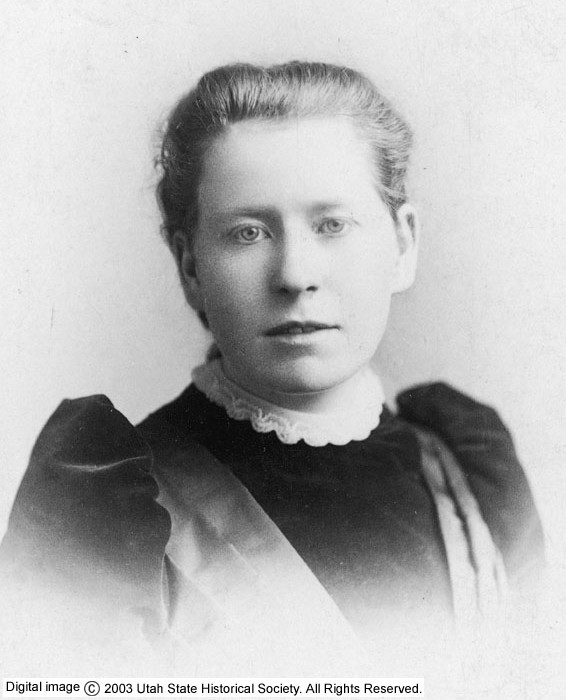
Literary BMGD #15: If I Had Time
King Benjamin’s oft-cited dictum that service to our fellow man is service to God is well known among Mormons. And, if surveys like the recent University of Pennsylvania survey are accurate, Mormons do quite well putting the idea in practice. Still, better than others doesn’t mean that we are where we should be or ought…
-
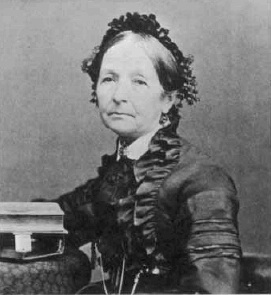
Literary BMGD #14: Awake! ye Saints of God awake!
Perhaps the most dramatic incident in gospel doctrine lesson #14 is Enos’ prayer; an example that has no doubt led many LDS Church members to wonder about their persistence and perseverance in prayer. Indeed, Enos’ story of his prayer is generally taken as a lesson in how to pray and what prayer means. It might…
-
Sunday Afternoon Session
President Uchtdorf conducted the closing session of General Conference. Direct quotations of a speaker’s words (based on my notes) are given in quotes; other text is my summary of the remarks given. Any text in italics represents my own editorial comment.
-
Sunday Morning Session
President Eyring conducted the Sunday morning session, featuring talks by President Dieter F. Uchtdorf, Elder Russell M. Nelson, Elder Ronald A. Rasband, Sister Julie B. Beck, Elder D. Todd Christofferson and President Thomas S. Monson. Direct quotations (based on my notes) are given in quotes; all other text represents my summary of the remarks given.…
-
Saturday Priesthood Session
President Eyring conducted the Saturday evening Priesthood Session. Direct quotations (based on notes by Kent and myself) are given in quotes; all other text represents my summary of the remarks given. Text in italics is my own editorial comment. I have highlighted in bold type one particularly striking thought or comment in each talk.
-
Saturday Afternoon Session
President Eyring conducted the Saturday afternoon session. Direct quotations of a speaker’s words (based on my notes) are given in quotes; other text represents my summary of the remarks given. Any text in italics represents my own editorial comment.
-
Saturday Morning Session
President Uchtdorf conducted the Saturday morning session, featuring talks by President Boyd K Packer, Sister Cheryl A. Esplin, Elder Donald L. Hallstrom, Elder Paul E. Colliger, Elder Dallin H. Oaks and President Eyring, with brief introductory remarks by President Monson. Direct quotations (based on my notes) are given in quotes; all other text represents my…
-
Conference Pre-Game
Good morning, Conference viewers. Times and Seasons will once again post session-by-session summaries of Conference by Kent and Dave. Whether you are attending in person, listening on television, iPad, or radio, or will miss a session due to conflicts, we hope the posts add something to your Conference weekend.
-
![All History is Local: A Review of Tiki and Temple by Marjorie Newton [minor update]](https://timesandseasons.org/wp-content/uploads/2012/03/Newton__Tiki.jpg)
All History is Local: A Review of Tiki and Temple by Marjorie Newton [minor update]
Newton, Marjorie. Tiki and Temple: The Mormon Mission in New Zealand, 1854–1958. Draper, UT: Greg Kofford Books, 2012. Paperback. 343 pages. ISBN: 978-1-58958-1210. $ 29.95. Former Speaker of the U. S. House of Representatives, “Tip” O’Neill, is well known for saying All politics is local. By that he meant that voters choose who they support…
-
Literary BMGD #13: Pratt’s Historical Sketch
While eclipsed by the Iron Rod imagery in Nephi, the Olive Tree imagery in Jacob is still well-known and referred to frequently. Like so much of Mormon theology, it attempts to give an explanation for the whole swath of human history and show that we are in the last days. Since both images are unique…
-

Review: The Book of Mormon Girl
Joanna Brooks is the Chair of the Department of English and Comparative Literature at San Diego State University. She is the author of several books, most recently The Book of Mormon Girl: Stories From an American Faith (2012). The book is available at Amazon and at the author’s website. A short couple of hundred pages,…
-
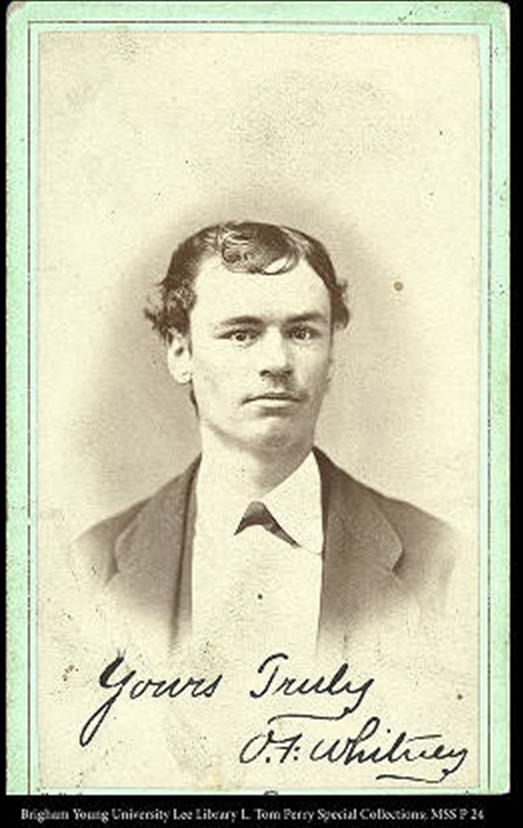
Literary BMGD #12: Aristocracy
A major element of Jacob’s sermon in Jacob 2 is his condemnation of pride and those caught up in their riches. In that sermon, Jacob not only preaches against pride, but argues for equality, saying “Think of your brethren like unto yourselves, and be familiar with all and free with your substance, that they may…
-
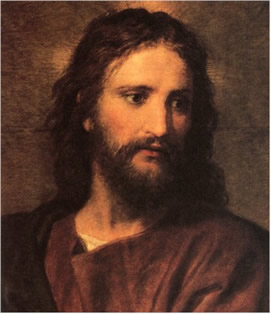
Literary BMGD #11: Eternity of Matter
In Nephi’s final writings (2 Ne. 31, discussed in Book of Mormon Gospel Doctrine lesson 11) he teaches about the “doctrine of Christ,” focusing on Christ’s baptism and redemption of the world from sin and on urging his readers to “endure to the end.” This doctrine is the heart of the gospel, the key element…
